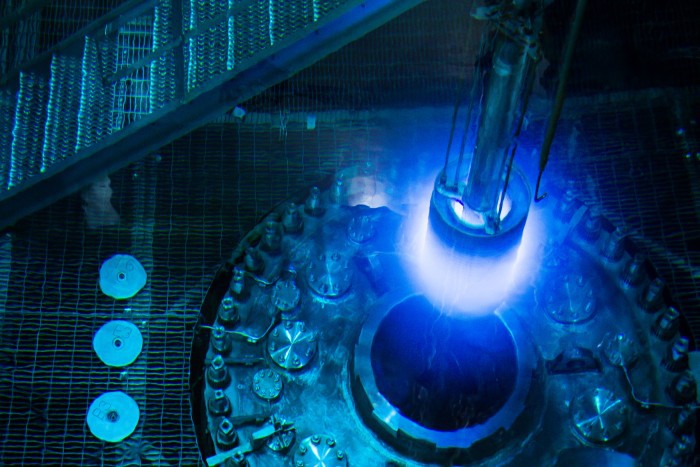The US is ready to resume negotiations with Russia on Syria, but only if Washington sees certain steps by the Russian or Syrian authorities. This is according to the US State Department spokesman Mark Toner. Otherwise, Washington does not rule out introducing sanctions against Russia over the situation in Syria.
Prior to that Russian President Vladimir Putin, in turn, signed a decree to suspend a cooperation agreement with the US on the disposal of weapons-grade plutonium. The US has implemented provisions of the agreement in a way which plutonium “can be retrieved, reprocessed and converted into weapons-grade plutonium again”, the Kremlin explained.
However, a political scientist, expert in international relations Dmitry Drobnitsky believes that the plutonium ultimatum has little to do with plutonium: "The agreement, which was worked out in the second half of 1990 and was finally signed in 2000 by Russia's Prime Minister Kasyanov and Vice President Al Gore, that is, even before Bush and Putin. It is a technological agreement, which could be discussed once again at any time without any problems. "
According to the expert, by suspending the plutonium deal between Moscow and Washington on, Russia made it clear that it gave up on the Obama administration: "Russia is not satisfied with the current dialogue with the Obama administration. There are proposals to lift the sanctions, counter-sanctions and stop all other adverse develomplents. As long as there are no constructive proposals to reset all the negativity, we will not be ready for a broad dialogue and cooperation."

Dmitry Drobnitsky explained Moscow's position: "There are quite intensive negotiations, agreements are signed, consultations are underway, there are a lot of plans, but all the positive interaction and new understanding has nothing to do with sanctions. On the contrary, they threaten to introduce sanctions, if they fail to agree on something new. What is the point of starting the negotiations on something new, if a failure to reach a new agreement leads to new sanctions? There is no sense to begin any further negotiations: if you cannot agree - there will be new sanctions. An extensive cooperation format with the United States should have included some steps towards each other, including in regard to sanctions.
The expert interpreted Washington's position as follows: "We are not going to understand your interests, we are going to hold our ground. But there are some aspects in which you can be useful to us. Be useful, please. But we do not want to meet your interests".

Drobnitsky was surprised the most by the fact that after the talks there emerged a threat of additional sanctions because of the developments in Syria: "We are being punished because we did not agree with the condition of our partners during the negotiations, which we have entered. Russia will not hold further negotiations in this way. This is the message to the future administration, not the current one. However, this ultimatum is not an announcement of a new phase of the Cold war. All the provisions in this ultimatum can easily be discussed one more time, reset or even canceled, when a normal dialogue is started.”






